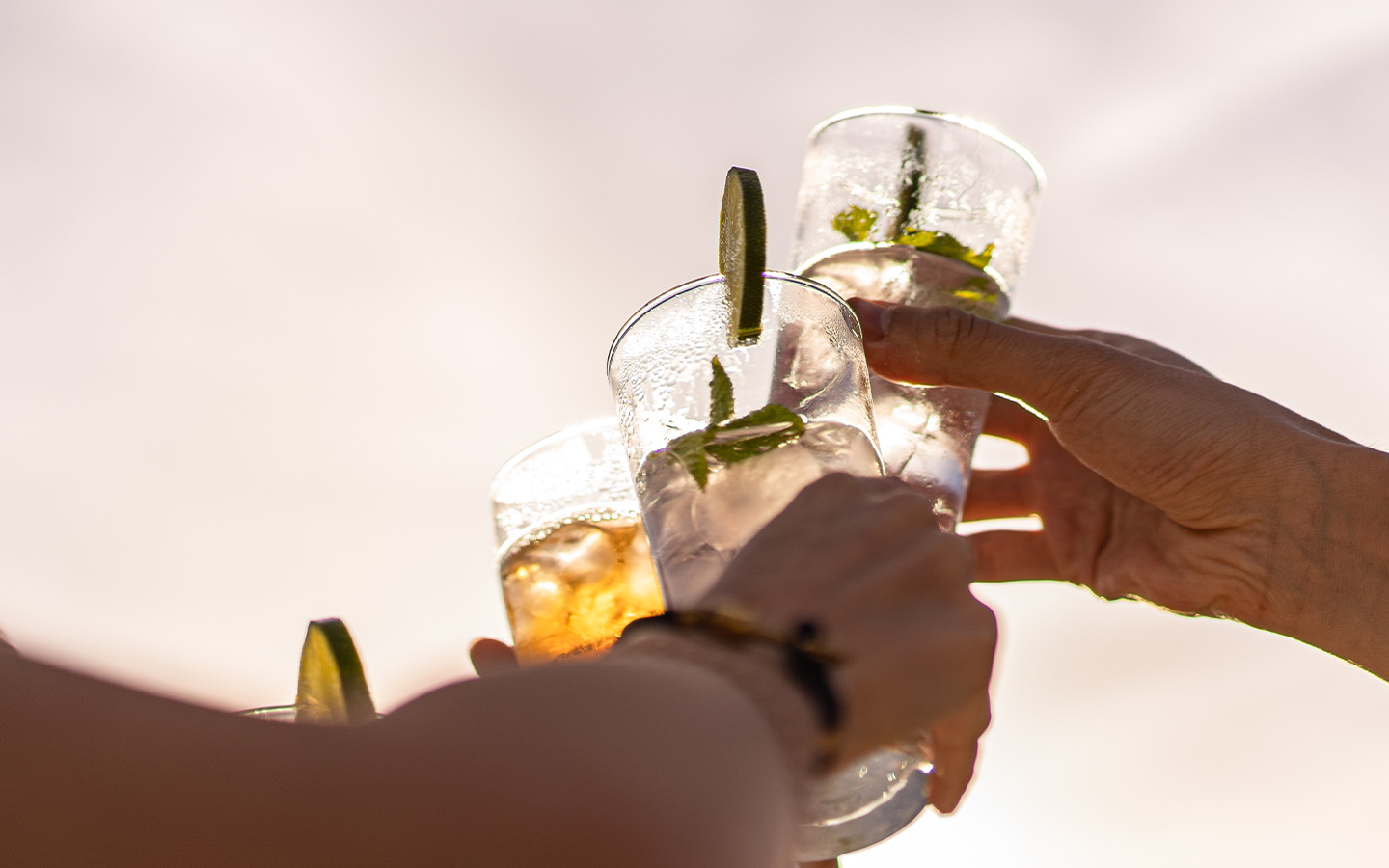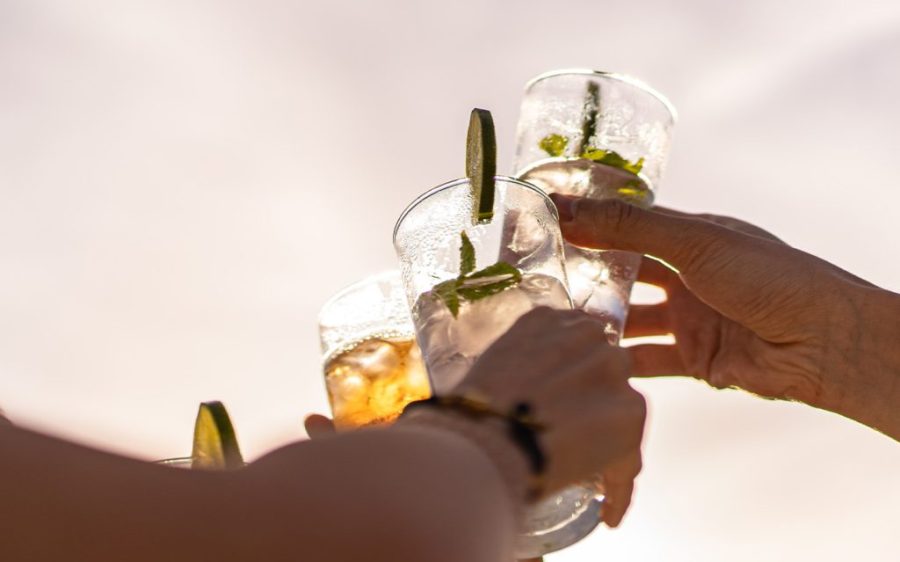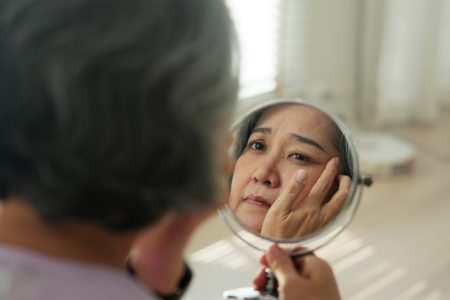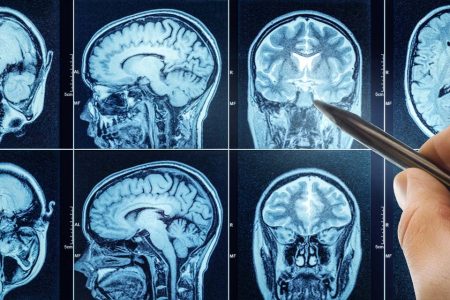Forget expensive haircare products and high-priced cuts. New research shows that your diet may be the root cause of your hair woes.
For the review, published in the journal Nutrition and Health and reported by Healthline, researchers spent four months scouring three leading scientific databases for studies that included keywords like “dietary intake,” “nutritional status,” “hair growth” and “hair loss.”
Through a rigorous, multi-stage process, they narrowed down more than 1,200 potential studies to 17 that met their criteria: among other things, studies had to focus on specific nutrients or foods, and hair outcomes had to include things like hair growth, quality, texture, health, strength and maintenance. Data from the resulting pool of more than 61,000 participants, mostly females aged 7 to 77, suggests that while many foods and nutrients promote hair health, certain beverages can cause hair to fall out or lose its colour.
Of the 17 studies, most found an inverse correlation between vitamin D levels and the severity or duration of alopecia, indicating that higher vitamin D may help protect against hair loss. One found iron supplementation improved hair growth among women already suffering alopecia, supporting iron’s role in promoting hair health. Soy products and cruciferous vegetables – think tofu, bok choy, broccoli and radishes – were associated with reduced hair loss.
[See more: Vitamin D3 may reduce risk of age-related diseases, study finds]
Protein deficiency was found to negatively affect hair, causing thinning and pigment loss, reflecting how dietary protein is needed for keratin production, the key structural protein in hair. Drinking more alcoholic or sugary beverages was also linked to hair loss and premature depigmentation.
Adequate nutrition – paired with other common healthy habits – can go a long way toward avoiding hair loss. If you’re already experiencing it, though, seeking help early from a dermatologist who treats hair loss can make a big difference.
A dermatologist told Healthline that a diet rich in lean proteins, fruits, vegetables and whole grains can help avoid the nutrient deficiencies that can affect hair growth and quality. Vitamin D and iron deficiencies are common, and may require supplementation, but as for biotin – often marketed for hair – most people get plenty from their diet.






